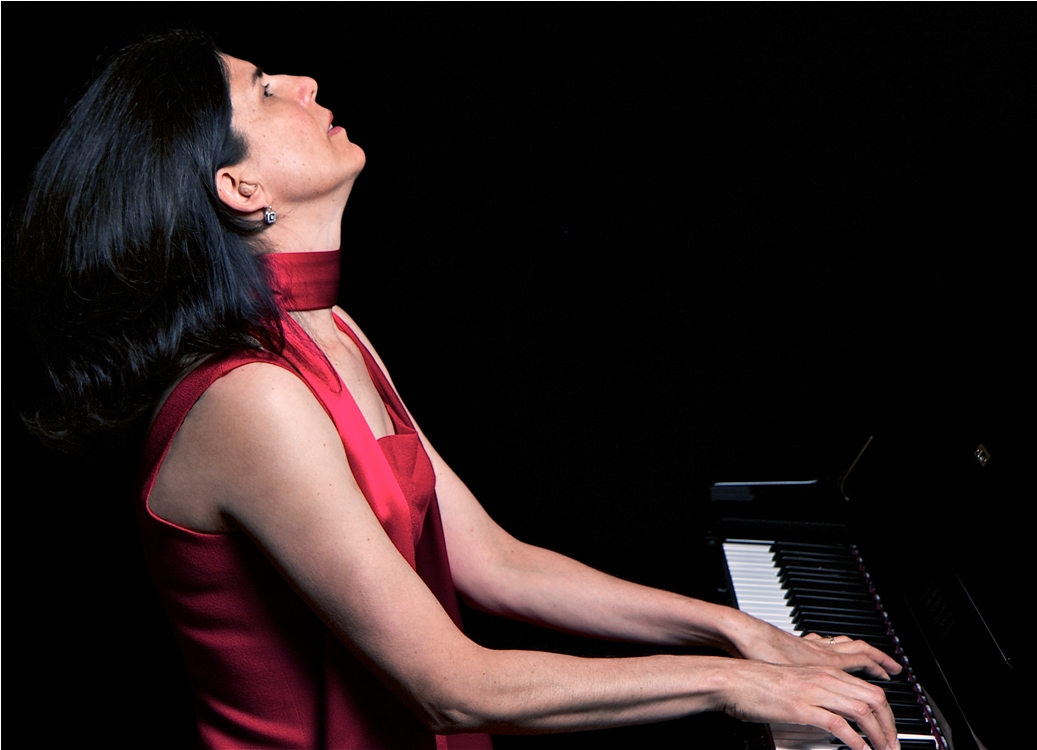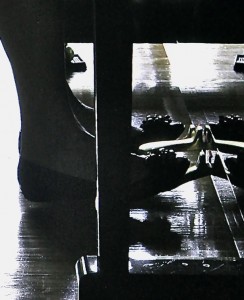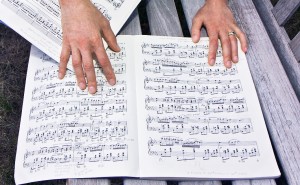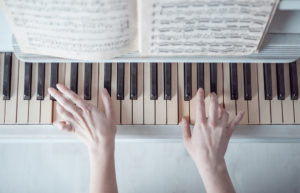When I enrolled in adult piano lessons in my early forties, after a twenty-five year hiatus, my piano teacher, Stephen, pointed out that I held my shoulders scrunched up towards my neck. To compensate, my chest caved inwards. My poor posture blocked me from fully using the power of my body. “If you hunch over anymore, you’re going to fall over onto the keyboard,” he joked. Not exactly. But, needless to say, his point stuck.
During my childhood, two of my jobs were to set the table for dinner and dust the living room once a week. Every evening, I was also responsible for delivering a tally to Mom of how many cans of beers, glasses of wine, and shots of crème de menthe Dad drank. As the evening wore on, she expected me to provide updates. The count provided a leading indicator as to whether Dad might explode.
The afternoon of my parents’ seventeenth wedding anniversary, after Dad had guzzled an alarming number of beers, I tried to give notice. A rising seventh grader, I had been doing the job for a good five years. “I don’t want to keep track anymore,” I told Mom.
“Honey, I need you to. You’re so much better at it than I am,” Mom said. She insisted that with all of her other responsibilities, it would be impossible for her to keep up. I was stuck with the counting job.
Overwhelmed by Dad’s alcoholism and her own deferred dream to be an artist, Mom depended on me to support and comfort her. Only later, as an adult, would I realize that the line between mother and child had blurred in our relationship. In meetings for Adult Children of Alcoholics, I spoke about the panic that had gurgled in my throat while the count of Dad’s consumption rose throughout the evening. What I did not realize, until recently, was how my role had affected my body.
Seymour Bernstein emphasizes in With Your Own Two Hands how important free and relaxed shoulders are to classical piano technique. “A precondition for the undulating movements of your upper arms (and subsequently your wrists) is a freedom and flexibility” of your shoulders, he writes. “From this moment on,” he cautions,” you must never again lift or hunch your shoulders whether at the piano or away from it.”
Easier said than done. “Shoulders back and down,” I reminded myself recently at a hot yoga class when we reached the bow pose. The pair obediently lowered themselves a few millimeters. Then I added silently, almost as an afterthought, “I don’t have to carry my mother on my shoulders anymore.” In response, my shoulders slid downwards and my chest bloomed open in a way I never had seen before.
Sweat streamed out of my pores. Suddenly, a tiny figure, who must have been my mother, slid off my shoulders and down my back with alarming rapidity, melting into the floor below. Again this happened, and I felt a gleeful euphoria. My real mother was safely located across the country, away from the carnage in hot yoga. Those tiny, imaginary figures careening down my back were my old memories of her, the frightened, lost mother who had wanted to be protected by her child-daughter.
After the bow pose, my shoulders inched up again. I realized that my desired transformation would take time. I would need to practice releasing the past, whether sweating through a yoga posture or improving piano technique with a Czerny étude. Often times, we carry around other people in our bodies, supported by our shoulders, hefted onto our backs, straining our necks. The beauty of spiritual practices like hot yoga or adult piano lessons, is how these disciplines show us how to let these people go.





0 Comments